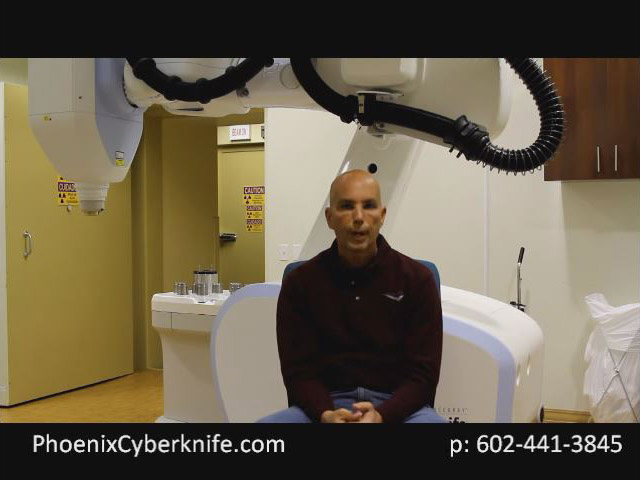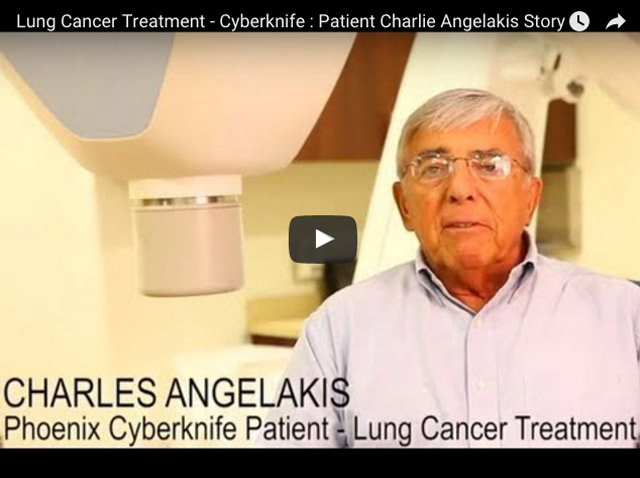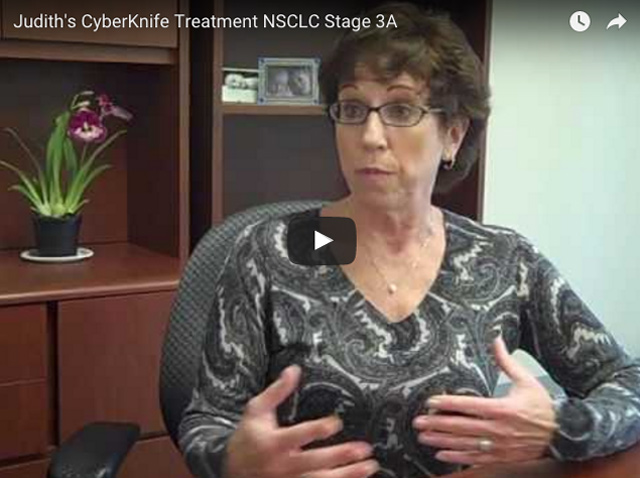Hidradenitis Suppurativa (HS)
Hidradenitis Suppurativa (HS)
Hidradenitis Suppurativa (HS) is a persistent skin condition marked by painful and inflamed lesions, typically occurring in areas where skin friction occurs, like the armpits, groin, and buttocks. It can lead to abscesses, nodules, and subdermal tunnels.

When conventional treatments, such as antibiotics and anti- inflammatory medication’s prove ineffective in managing HS, radiation therapy, emerges as a compelling and increasingly viable option. This therapeutic approach employs targeted radiation to alleviate inflammation and control the formation of nodules and abscesses characteristic of HS. When standard treatments are exhausted, radiation therapy gains prominence as a valuable alternative. Ongoing research seeks to establish its long term efficacy, emphasizing its importance in cases where traditional treatments do not yield satisfactory results.
Collaborating with Phoenix Cyberknife’s Radiation Oncologists, ensures individuals with HS they can explore the potential benefits of radiation therapy, making it a considered and valuable component in their personalized treatment strategy.
To learn more contact the Radiation Therapy Department at Phoenix Cyberknife today.
Hidradenitis Suppurativa (HS)?
Hidradenitis Suppurativa (HS) is a persistent skin condition marked by painful and inflamed lesions, typically occurring in areas where skin friction occurs, like the armpits, groin, and buttocks. It can lead to abscesses, nodules, and subdermal tunnels.

When conventional treatments, such as antibiotics and anti- inflammatory medication’s prove ineffective in managing HS, radiation therapy, emerges as a compelling and increasingly viable option. This therapeutic approach employs targeted radiation to alleviate inflammation and control the formation of nodules and abscesses characteristic of HS. When standard treatments are exhausted, radiation therapy gains prominence as a valuable alternative. Ongoing research seeks to establish its long term efficacy, emphasizing its importance in cases where traditional treatments do not yield satisfactory results.
Collaborating with Phoenix Cyberknife’s Radiation Oncologists, ensures individuals with HS they can explore the potential benefits of radiation therapy, making it a considered and valuable component in their personalized treatment strategy.
To learn more contact the Radiation Therapy Department at Phoenix Cyberknife today.
When conventional treatments, such as antibiotics and anti- inflammatory medication’s prove ineffective in managing HS, radiation therapy, emerges as a compelling and increasingly viable option. This therapeutic approach employs targeted radiation to alleviate inflammation and control the formation of nodules and abscesses characteristic of HS. When standard treatments are exhausted, radiation therapy gains prominence as a valuable alternative. Ongoing research seeks to establish its long term efficacy, emphasizing its importance in cases where traditional treatments do not yield satisfactory results.
Collaborating with Phoenix Cyberknife’s Radiation Oncologists, ensures individuals with HS they can explore the potential benefits of radiation therapy, making it a considered and valuable component in their personalized treatment strategy.
To learn more contact the Radiation Therapy Department at Phoenix Cyberknife today.
What is Lung Cancer?
Lung cancer is the presence of a tumor in the lung as a result of an abnormal growth of cells. If these cells originated in the tumor, then it is known as primary lung cancer. If these cancerous cells originated in another organ and reached the lung through the bloodstream, then it is metastatic lung cancer.
The American Cancer Society projected 221,200 new cases of lung cancer and 158,040 deaths from the disease in the United States in 2015. Most deaths occur in patients with Stage III or Stage IV lung cancer.
Types
There are two types of lung cancer. The most common type is non-small cell lung cancer, such as squamous cell carcinoma and adenocarcinoma. The second and less common type is small cell lung cancer, which in the past was frequently referred to as oat cell cancer.
Risks
Smoking is the leading cause of lung cancer, resulting in 85% to 90% of all lung cancer cases. Other risk factors that contribute to the development of lung cancer include:
- Second-hand smoke
- Air pollution
- Asbestos
- Radon
- Tubercolosis
Signs and Symptoms
Though not everyone with lung cancer will exhibit symptoms, particularly in its early stages, there are some common symptoms to be aware of:
- Persistent cough
- Shortness of breath
- Coughing blood
- Chest pain
- Pneumonia or bronchitis
- Weight loss, lack of appetite, or fatigue
- Swelling of the neck and face
Detection
Typically, primary lung cancer does not cause any symptoms in its early stages. In many cases, the cancer has advanced when symptoms begin to occur. Many patients end up going to the doctor for a persistent cough, coughing up blood, shortness of breath, etc., and it usually these symptoms that can influence doctors to order a chest X-Ray, CT scans (Computed Tomography), PET-CT scans (Positron Emission Tomography-Computed Tomography), and MRIs (Magnetic Resonance Imaging). These scans and chest X-Rays can indicate the presence of cancer in the lung or in other parts of the body.
Diagnosis
Diagnosing lung cancer is then done by either performing a biopsy, examining a small piece of tissue, or by analyzing fluid to identify the presence of a protein specific to tumor cells. Doctors will then determine the stage of lung cancer by examining the size of the tumor and whether or not it has spread, and to what extent.












